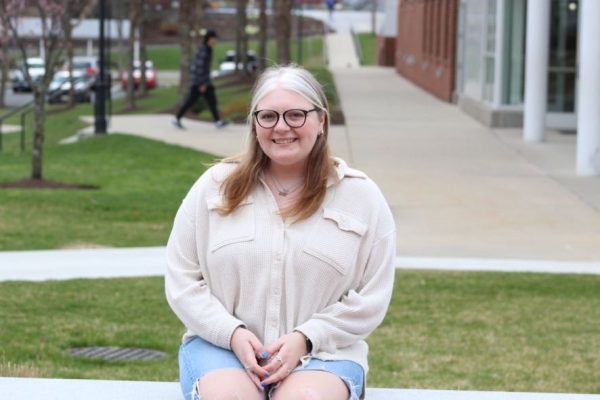How COVID affects people with chronic diseases
While it is evident that COVID-19 can adversely affect anyone who contracts it, the risk is even higher and deadlier for chronically ill and immune-compromised individuals.
In a statement for The Charger Bulletin, health services medical director at the University of New Haven Jill Banatoski said that although university and state health officials are still constantly learning about COVID through information that is distributed by the Center for Disease Control and Prevention (CDC), scientists and medical centers, there is still a lot to learn.
“We have learned that patients with several medical conditions are at increased risk of more severe illness if they contract COVID 19,” she said.
Amid the illnesses that can be further complicated by contracting the coronavirus are, according to Banatoski and the Hopkins Medicine website, “cancer, chronic kidney disease, chronic obstructive pulmonary disease, Down Syndrome, heart failure, coronary artery disease, and cardiomyopathies. Also included on this list is immunocompromised state in patients after solid organ transplant, severe obesity, type 2 diabetes, sickle cell disease, and smoking.”
Banatoski also said that there are more severe illnesses and chronic conditions included in this list that are less spoken about “including cerebrovascular disease, neurologic conditions, liver disease, cystic fibrosis, overweight status, pulmonary fibrosis, and thalassemia…asthma, type 1 diabetes, hypertension, and immunocompromised state from bone marrow transplant, immune deficiencies, HIV.”
With the university being full of students with possible chronic illnesses and immunocompromised systems, Banatoski said that university students will be properly treated on campus.
“If students with these conditions contract COVID 19,” said Banatoski, “the Health Services Clinicians are diligent about their follow-up care and are vigilant to monitor them for any progression of disease or prolonged course of disease. We often provide pulse oximeters to measure blood oxygen and we have more frequent video visits with them.”
According to Banatoski, it is also important that students on campus comply with state and university COVID-19 prevention guidelines. She said that the university’s measures help minimize and prevent the spread and presence of the virus on campus.
“Despite these times when it is easy to feel isolated,” said Banatoski, “we need to remember that we are a caring community of learners who need to support each other and do our best to keep each other healthy so that everyone can continue to enjoy a successful educational experience.”

Amanda is a senior majoring in communication with a concentration in journalism, and a double minor in political science and English. She has been involved...














